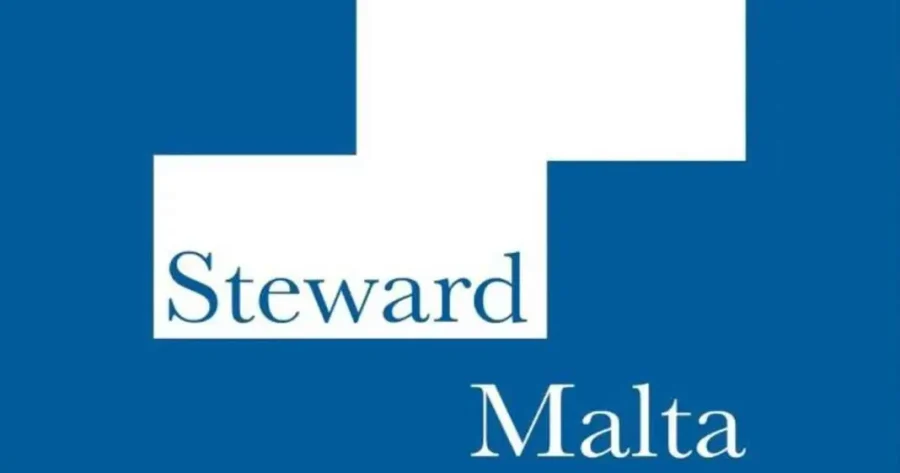A multi-million dollar US healthcare company has pulled out its investment from Malta citing endemic corruption in the Maltese government as well as the biased decisions taken by the local courts.
In a move that is highly likely to discourage foreign investment in the tiny European country, Steward Health Care Management (SHCM) announced that it has ended the concession agreement with the Maltese government following a court decision which has been described as political in nature.
The development comes shortly after the Financial Action Task Force (FATF) put Malta in the grey list after identifying serious structural deficiencies in Malta’s governance and regulation.
SHCM said it believes that the operating environment and investment climate in Malta is not conducive for foreign companies to have a constructive partnership with the Government.
SHCM’s local company Steward Health Care Malta (SHCM) said it has given notice to the Maltese Government to terminate the Services Concession Agreement and related contractual framework following breaches of commercial agreements.
The concession includes the management and operation of St Luke’s, Karin Grech and Gozo General hospitals and the Barts Medical School.
In a statement by the company it is said, “The company’s priority remains the wellbeing and treatment of its patients and the welfare of its staff. SHCM will ensure that there is an orderly transition of the management of its operations and will work with the relevant authorities in good faith to ensure this is finalised in a reasonable timeframe.
SHCM and its parent company, Steward Health Care International (SHCI), have operated at all times in accordance with the highest professional standards and values, including a desire for good governance and transparency.”
SHCI said it was disappointed at the Government of Malta’s failure throughout this engagement to keep faith with the spirit of the public-private partnership agreement. It highlighted that the Government failed to be accountable for their own liabilities, which had escaped scrutiny; failed to adhere to their own promises to renegotiate the ‘unbankable’ and unsustainable terms of the concession, not once but three times – and more recently being engaged in negotiations up to the time of the verdict; and, therefore, failed to enable Steward to raise finances to deliver fully on the terms of its engagement.
Steward said: “More broadly, SHCI is concerned about the deterioration of the business environment in Malta. A decline in the rule of law, shown by the recent Civil Court judgement, and a lack of support for and protection of foreign investors has been mirrored by the recent presence of Malta on the grey list of the Financial Action Task Force (FATF), which identified serious structural deficiencies in Malta’s governance and regulation that do not accord with SHCI’s own values. More recently, the Government’s failure to appeal the Civil Court verdict that labelled its own behaviour corrupt is an admission of guilt in relation to its own governance failings. SHCM notes that it kept the US Embassy and State Department – which was on several occasions present at negotiations on the concession terms – fully informed of all relevant events and engagements with the Government of Malta. SHCI’s exit from Malta will allow the company and its management to focus resources on jurisdictions that are more accommodating to and protective of investors, and more aligned with its high standards. SHCI will continue its mission to pioneer an effective, patient-first approach that unlocks access to high-quality, coordinated, and affordable care for communities around the world.“
Recently, Steward Health Care International (SHCI) has filed an unusual but critical complaint to the European Commission against the Maltese government and the country’s judiciary for the blatant infringement of European Union (EU) laws on several grounds after a Malta court judge concluded without evidence that SHCI’s deal with the Maltese government to provide health services in three hospitals was fraudulent. The company has told the European Commission that it was clear the verdict was driven by political motives and facts were disregarded.










